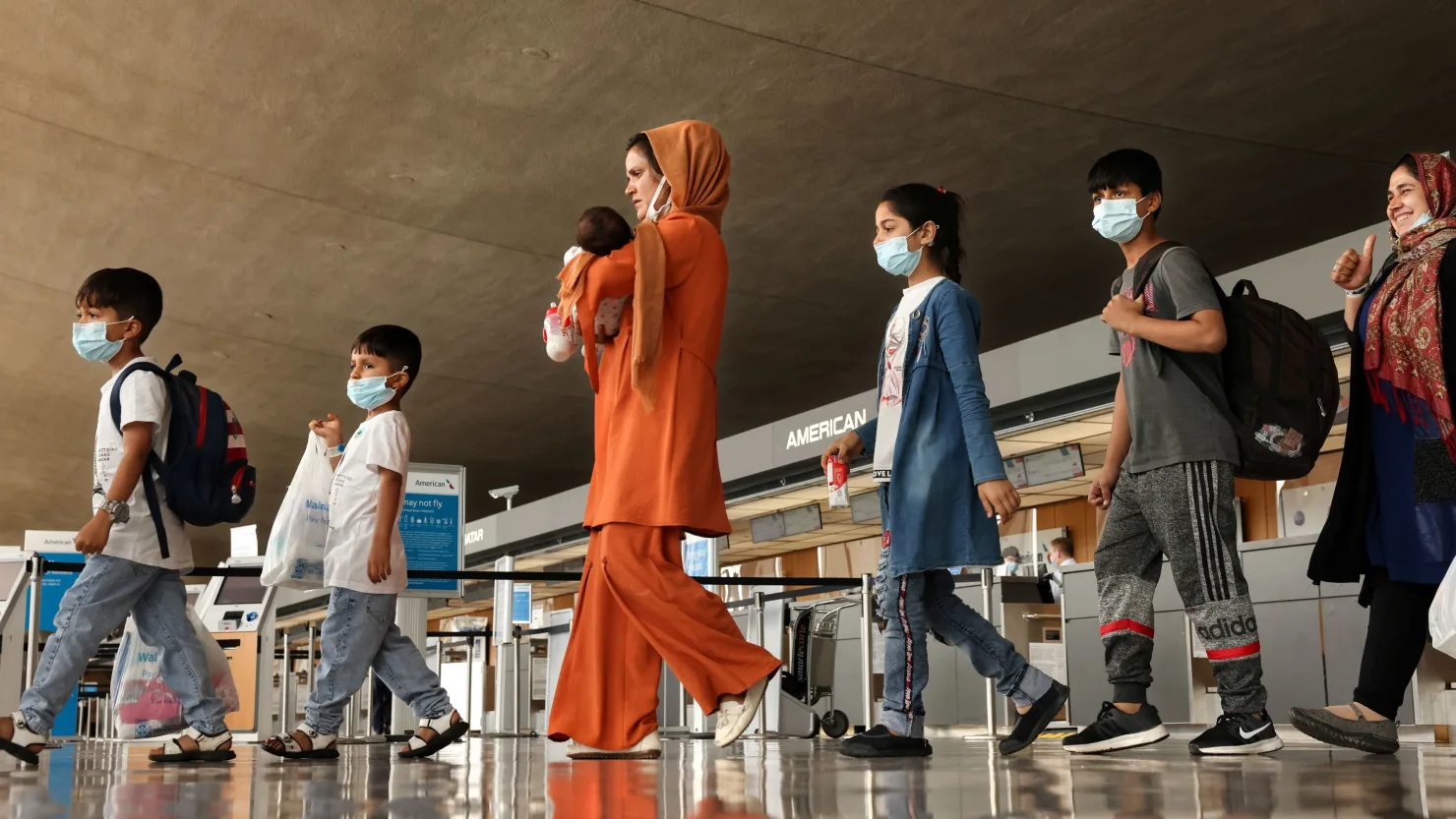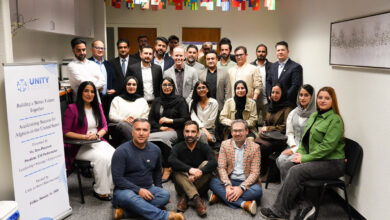Over 3,400 Afghan Migrants Arrive in the U.S. in the Past Two Months

Washington, D.C. – In the past two months, 3,408 Afghan migrants have arrived in the United States, making Afghanistan one of the primary sources of migration to the country. According to the latest report from the U.S. Refugee Admissions Program, a total of 14,791 migrants entered the U.S. in October and November, with 23% of them being from Afghanistan.
This data includes individuals who arrived under Special Immigrant Visa (SIV), Priority 1 (P1), and Priority 2 (P2) refugee programs.
Resettlement Trends Across U.S. States
The report highlights that most Afghan migrants this year have resettled in California, Texas, and Virginia, states known for their strong refugee support systems and established Afghan communities. In contrast, smaller numbers have been placed in states such as Vermont, South Dakota, and Alabama, reflecting varying state-level capacities and policies toward refugee resettlement.
As Afghan migrants continue to arrive, many are seeking job opportunities, access to education, healthcare services, and ways to rebuild their lives in the U.S.. Various federal and local support programs are in place to assist with housing, employment training, and cultural integration.
These figures emphasize the growing need for expanded resources and policies to support refugee resettlement, particularly in states with higher migrant populations. The increasing arrival of Afghan refugees underscores the importance of employment assistance, community support, and legal aid programs to ensure a smooth transition into American society.
According to the U.S. Refugee Admissions Program, a total of 15,154 Afghan migrants have arrived in the country between January and November 2024. The December data is yet to be released. This figure does not include undocumented migrants who have entered through the U.S.-Mexico border.
As the United States continues its commitment to refugee resettlement, Afghan migrants remain one of the most significant groups seeking a new beginning in the country, highlighting the need for sustained support and policy adjustments to meet their growing needs.




